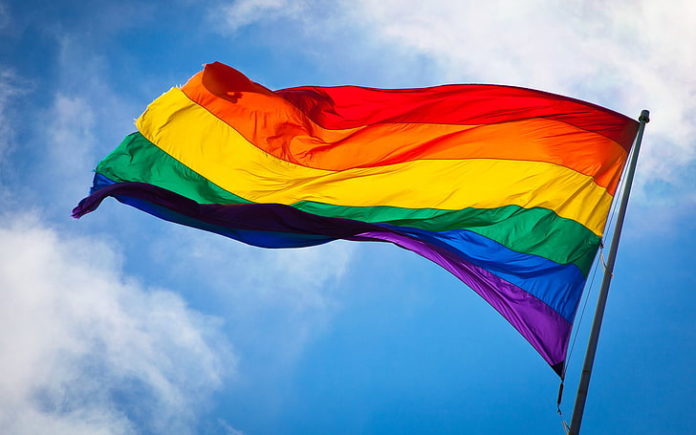
Last week, the Hungarian Parliament passed a legislation that bans material in schools that promotes homosexuality and gender change. This has led to large-scale protests in Budapest. Thousands of people have taken to the streets to voice their protests and ask the president to not sign the bill. The bill would ban “portrayal and promotion of gender identity different from the sex assigned at birth, the change of sex and homosexuality,” effectively silencing the discussion and expression of LGBTQ within schools. This includes material aimed at fostering tolerance and understanding of different sexual minorities. This law is a human rights issue in several ways, as it discriminates against sexual minorities as well as limits freedom of speech.
Fidesz, the party of Prime Minister Viktor Orban, attached the ban to an anti-paedophile bill. Some critics say this conflates queerness with paedophilia and made the bill harder to vote down. Last year Fidesz put forth a bill that targeted transgender people, making it impossible for them to change the gender in their identity documentation as well as a bill that banned gay couples from adopting. Both bills were passed by the Hungarian parliament, but the law about gender on identity documentation was annulled this year by the Hungarian constitutional court. Orban has been accused of using the pandemic to target sexual minorities. The Prime minster, who belongs to a pro-nationalistic and conservative party, has also been accused of using the bill as a way to set up his campaign for next year’s election. According to Reuters, there is a fear that LGBTQ+ community is being used as the new political scapegoat.
Hungary was previously one of the more progressive east European states when it came to sexual minorities, but that changed after Orban took office. The bill that was passed last week is being compared to the ‘gay-propaganda’ law that was passed in Russia in 2013. Since then, the situation for LGBTQ+ people in Russia has worsened. In 2017, Chechnya, a republic of Russia, was accused of placing gay men in concentration camps and torturing them. According to Fekete-Gyor, chairman of the opposition party Momentum, “The Russian template gives us a clear picture of the effect such [as what] hatemongering has on a society.” The Háttér Society, a Hungarian LGBTQ+ organization, says the law will “further poison [the] public opinion.”
The European Council of European’s Commissioner for Human Rights has stated that the law reinforce prejudice and urged politicians in Hungary to reject it. The E.U. will be discussing Hungary under Article 7 of the treaty of the European Union on 22 June. Article 7 stipulates how to deal with a member’s state that is at “a clear risk of a serious breach” of the values stipulated in the treaty, this includes “respect for human rights, including the rights of persons belonging to minorities.” By using Article 7, a member’s state can be suspended from certain right in the E.U. The E.U. as a political platform and trade-zone is still one of the most important ones in Europe. The European Court of human rights is another platform where this issue should be discussed. It is in general a slow process but an important one, as the court is one of few human rights courts whose verdict is binding.
After a month-long festival, Budapest Pride will be held on the 24th July. The organizers say it will be held despite the pandemic to show the LGBTQ+ people in Hungary that they are not alone. As of now, the large protests show that there is opposition to limiting of LGBTQ+ rights. As Viktória Radványi told Reuters, “Hungarian people are not as hateful and much less homophobic than the government.”








